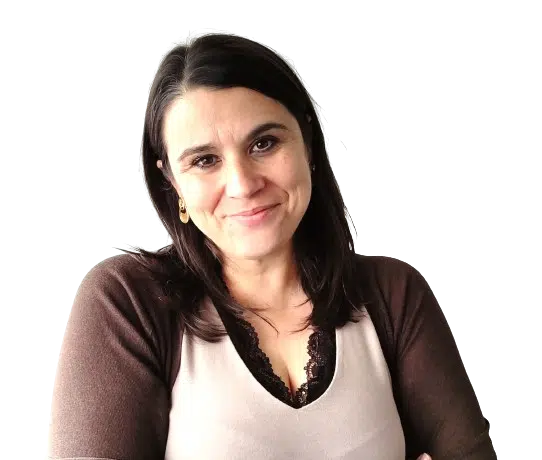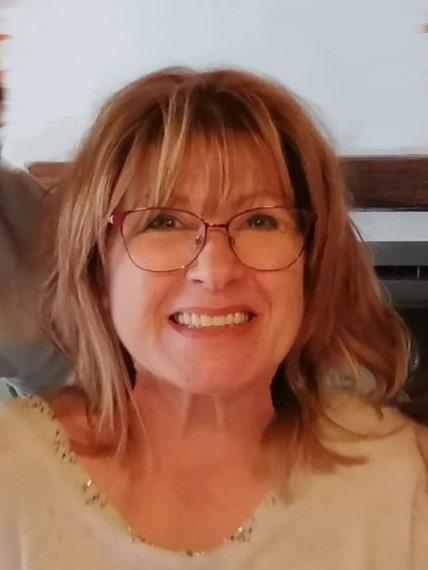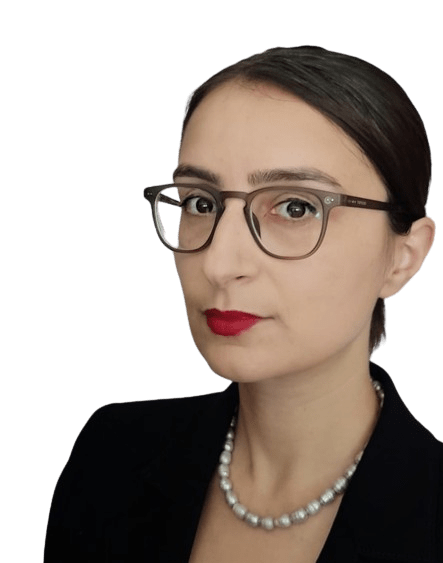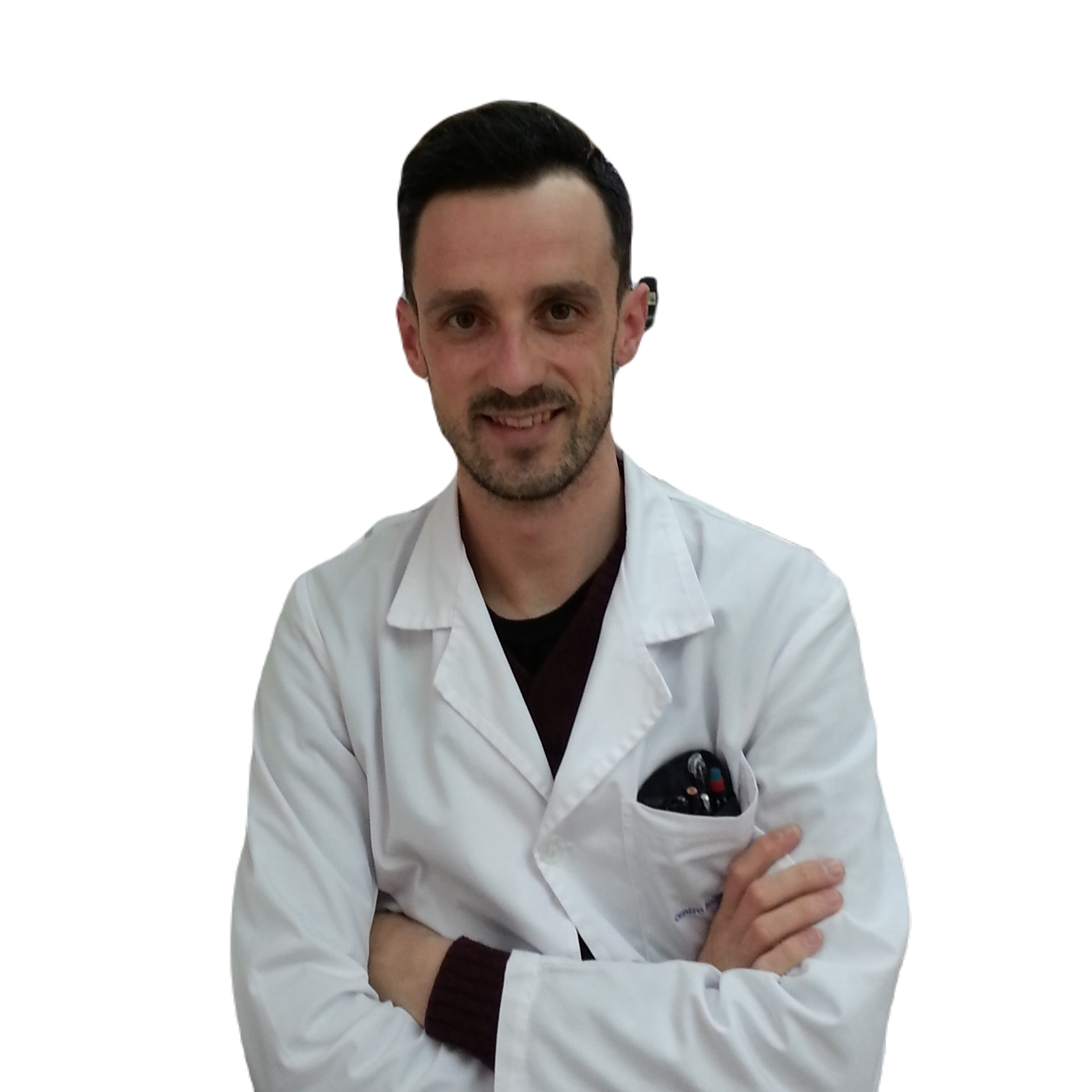Clinical and Experimental Human Genomics
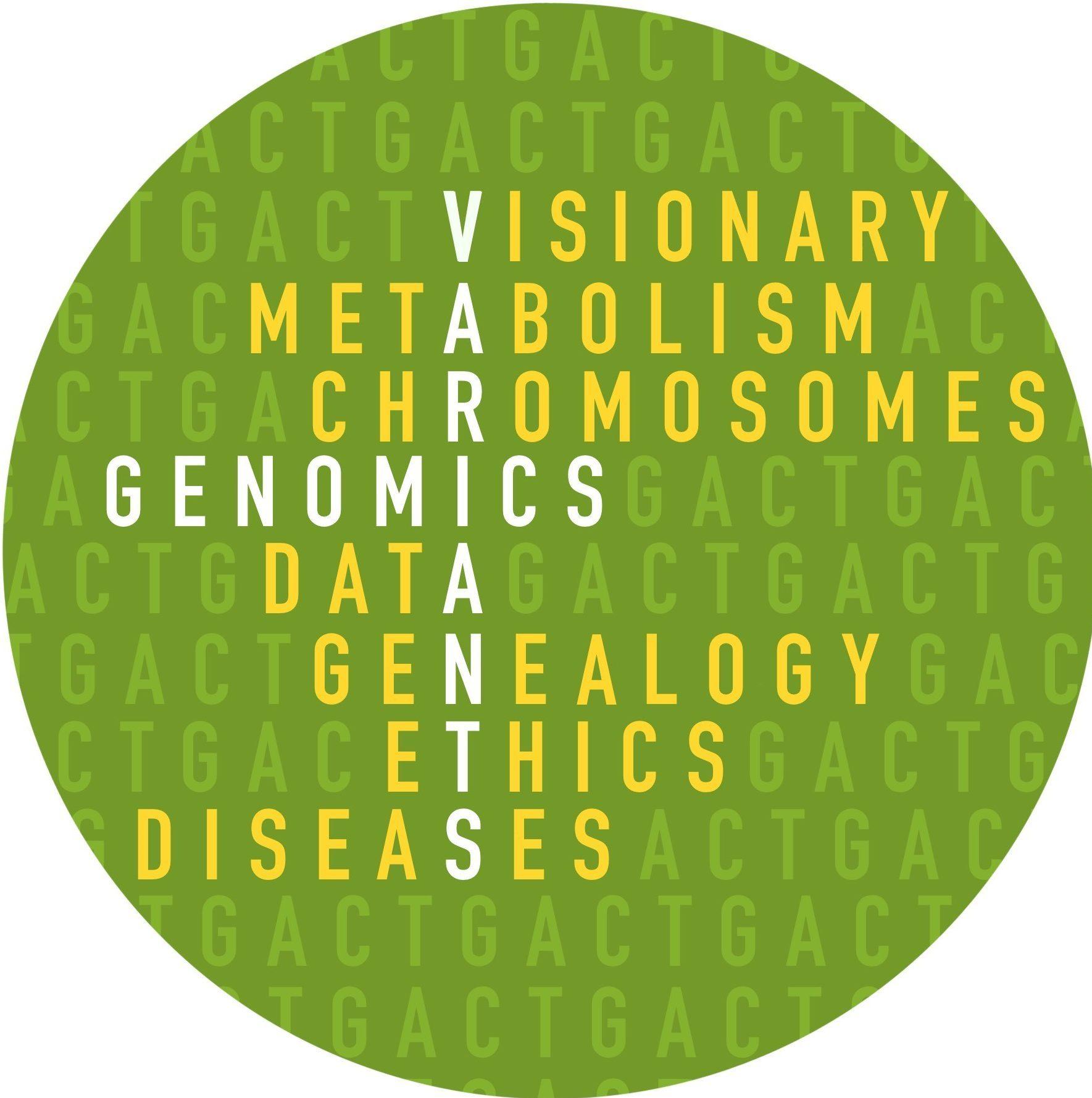
Introduction
The Clinical and Experimental Human Genomics group (CEHG) is integrated in a healthcare provider institution and was established in 2013, gathering key individuals in the field of clinical genetics that work together towards the development of human genomics research, at both basic and translational levels, with direct impact and benefit of patients and ultimately the healthcare service.
This group aims to understand the importance of heredity and the consequences of genetic disease in the general population, specific ethnic groups, whole families at risk and single individuals. Ongoing research main goals include improvement of the molecular, biochemical and clinical understanding of chromosomal abnormalities, neuromuscular and metabolic disorders, with a focal point in intellectual disabilities. These experimental areas are interlinked and share technological, clinical as well as bioinformatic resources. Complementary to the above a new line of research in bioethics has been recently initiated. In strict collaboration with the more experimental teams, are the clinical collaborators that include Nutrition and Psychology specialists. They will continue to support their patients’ healthcare and their research work in the setting of the Medical Genetics consultations. Researchers are also involved in setting up multidisciplinary education modules for scientific dissemination activities in their expertise area as well as for Clinical Laboratory and Medical Genetics specializations. The organizational structure, involving efforts from multidisciplinary teams, including all medical specialities, allows availability of better procedures, processes simplification and minimizing the resources needed. Overall, CEHG research projects result in a continuing development of the diagnostic trajectory in the endeavour to find more effective treatment and improve genetic counselling.
Group Leader
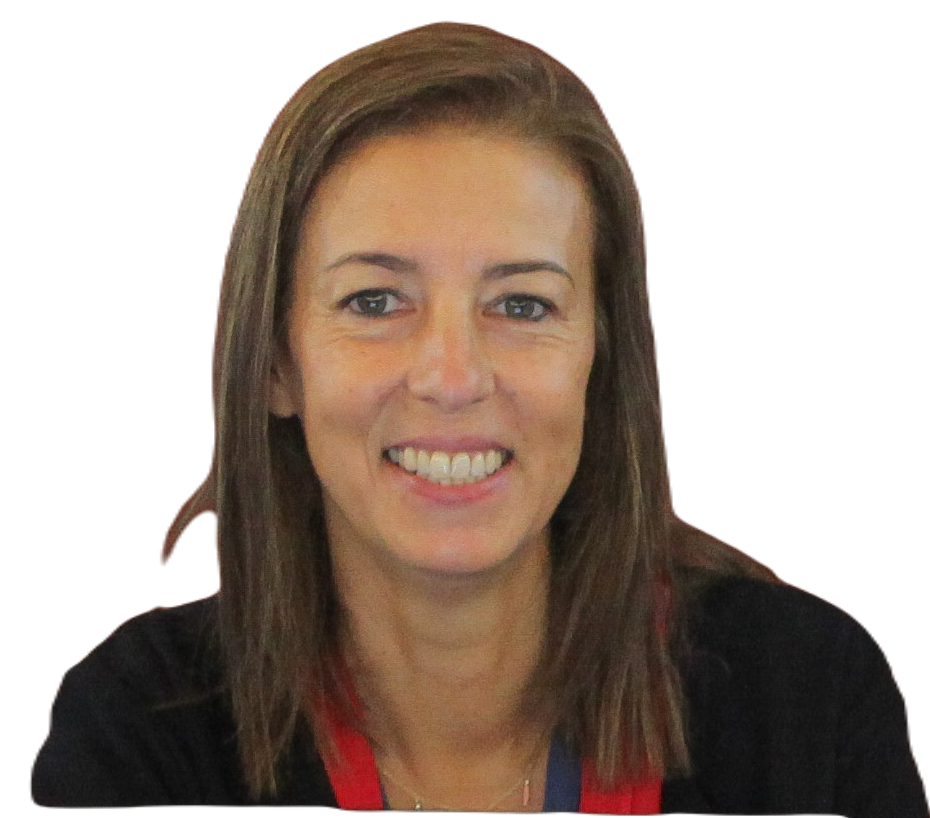
Paula Jorge
Scientific Committee
- Genomic investigation of rare genetic disorders, namely inherited metabolic diseases, chromosomal anomalies and neuromuscular disorders, neurodegenerative and neurodevelopmental impairment, lysosomal, peroxisomal and glycosylation disorders.
- Personalized treatment approaches based on molecular analyses leading to improved clinical outcomes, including the design of alternative healthcare strategies and disclosure of new indications for previously available drugs.
- To identify and characterize new syndromes and causative gene(s).
- To establish disease biomarkers towards a more precise diagnosis.
- To develop and implement new diagnostic tests to screen for genetic disorders.
